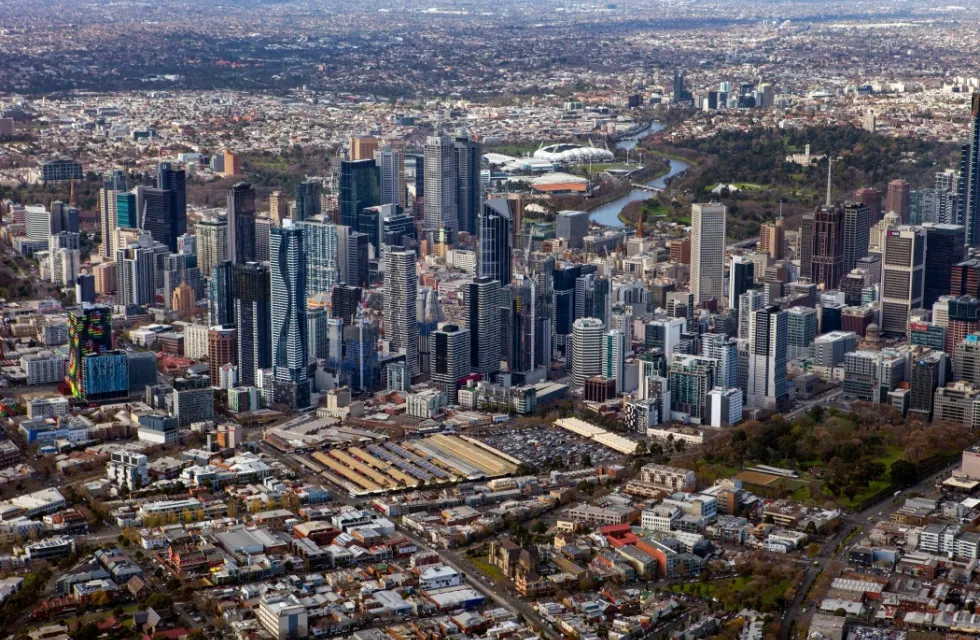
The Go Full Circle program focuses on circular economy principles to help small businesses balance economic, environmental and social objectives.
Adopting a circular business model helps businesses contribute to a more sustainable and equitable future, leading to better environmental outcomes, cost savings, increase innovation and attracting new customers.
Previous participants:
- identified opportunities to reduce waste going to landfill
- modified supply chains to use more sustainable packaging where possible
- replaced single-use cups with reusable cups at cafes.
This program is open (but not limited) to businesses in the following industries:
- hospitality
- retail.
Owners, leaders or champions at any level within the business can take part.
Participants will develop skills to identify new business opportunities that tap into the environmental social conscience. They will also identify opportunities to improve business performance by:
- reducing costs
- gaining more customers
- increasing customer spend
- identifying new revenue streams
- improving supply chain resilience
- reducing waste.
There will be numerous opportunities to build networks with like-minded businesses and learn how to leverage circular solutions to drive better business outcomes.
Through the program, participants will develop a compelling circular economy-based media kit to promote their business online and through media outlets. All participants also receive a certificate of completion and online credentials to use on social media as well as ongoing access to resources.
The program will also feature one-on-one mentoring sessions at mutually convenient times.
Please refer to City of Melbourne's privacy policy.
Frequently asked questions
The Circular Economy is the sustainable antidote to the linear economy, in which we live today – based on a world of ever greater production, consumption and waste, causing pollution and environmental impacts.
Rather than dealing with waste as an outcome, the Circular Economy represents significant economic opportunity by focusing on designing waste out from the start. The Circular Economy has three key principles:
- eliminate waste and pollution
- circulate products and materials (at their highest value)
- regenerate nature.
Humanity is currently extracting the resources available in nature 1.8 times faster than our planet’s biocapacity can regenerate.
Our race to produce and consume resources is based on our current linear economic model of taking resources from the earth, making products and then discarding the waste back into the environment. Indeed, our whole economic success model is predicated on our collective ability to continually increase Gross Domestic Product (GDP) without accounting for the cost to the environment, the air we breathe and the planet we all rely upon to live.
We all know this is not sustainable. The question is, when will we adopt a different approach that allows humanity to thrive within the Earth’s planetary boundaries to sustain life? The Circular Economy is that approach.
To become more Circular, means starting with an attitude of care – caring for the environment in which we, our children and their children rely upon to survive and thrive.
Business leaders and champions hold the power to have the greatest positive impact by changing the perspective of the management of waste throughout the supply chain, to creating, developing and taking action to avoid and eliminate waste for all stakeholders through the supply loop.
Throughout the Go Full Circle program, we look at real-world examples of circular initiatives, and using the learnings, we progress through a circular framework that enable you and your business to take the practical steps in making the world more circular.
Recycling and the circular economy are fundamentally different. Recycling focuses on recovering materials after the consumer has finished with the item. Recycling attempts to recover resources as much as possible. However, a significant proportion still goes to landfill which pollutes our environment. Furthermore, the process of recycling usually requires significant energy in the recovery process and generally degrades material strength, which downgrades its application for re-use.
In contrast, Circular Economy focuses on eliminating waste at the start of the product and system design process. Seventy to eighty per cent of waste is locked in during the product design phase.
Savvy businesses can tap into the growing consumer consciousness for sustainable products, solutions and customer experiences. Businesses who can deliver a superior overall customer experience, are now attracting more customers, creating loyalty, increasing lifetime value and reducing waste management costs. Large organisations are realising the value they can create and capture by implementing circular economy strategies.
Right now, the Circular Economy represents an incredible business opportunity for astute leaders to not only have a positive environmental and social impact, but also gain a competitive advantage in the process.
Apply nowOpens in new tab to be part of the Go Full Circle program and become part of circular economy.



